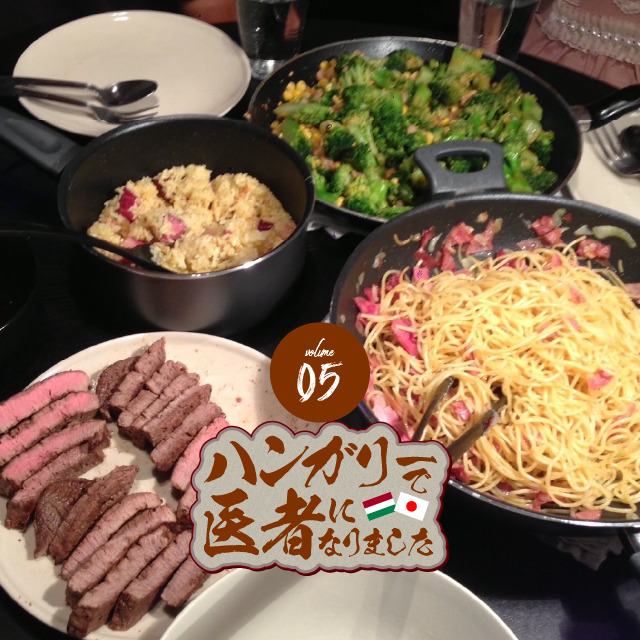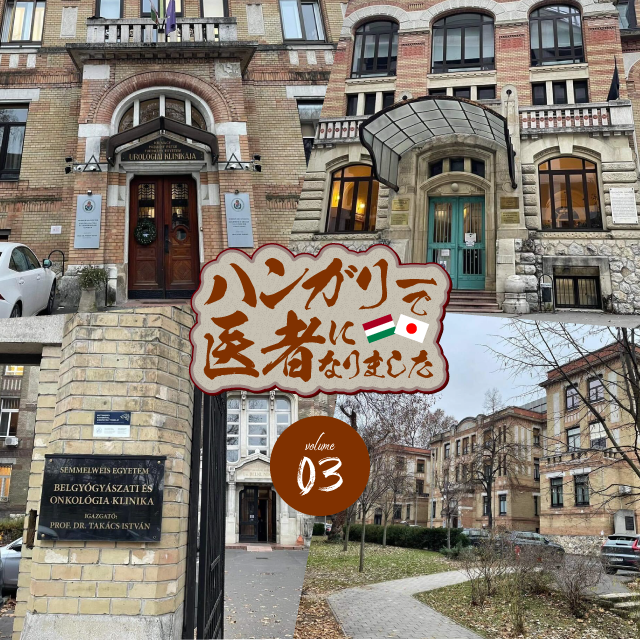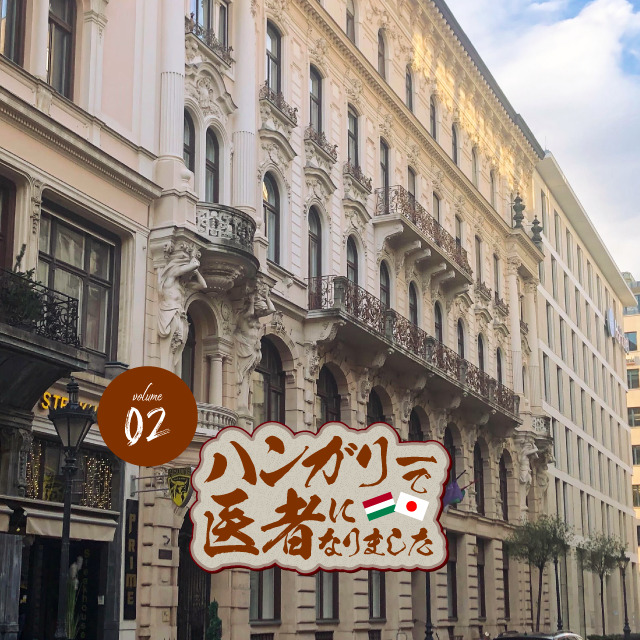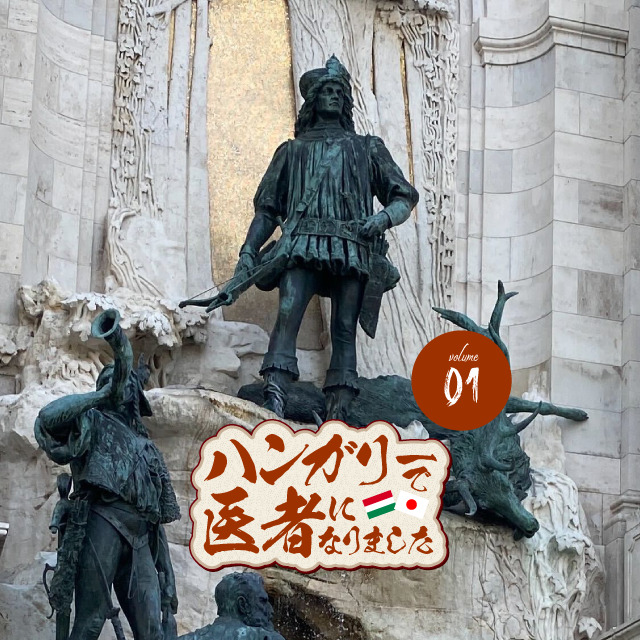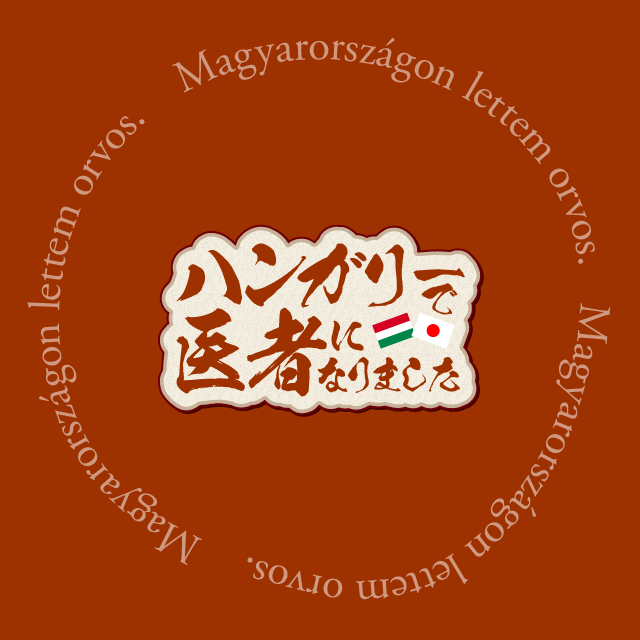A few weeks ago, I attended an international conference for the first time in Japan. Given the fact that it was an international conference, presenters and attendees were “advised” to use English pretty much at all times. Listening to fellow doctors asking questions during presentations, I noticed certain differences from what I experienced in Hungary, regarding communication.
For instance, in the West, people generally raise their hand to notify others, or in this case presenters, which they would like to interrupt the presentation and address them making comments or asking questions. It doesn’t matter during or after presentation. On the other hand, in Japan, we tend to wait until the end as assign of respect, even if you desperately want to ask questions during which.
I’m not here to judge which way is more correct than the other, however the way I see it, by commenting or asking questions during the presentation instead of after, gives the presenter the feeling that we are actively participating.
Once you are abroad you may see more active and live discussion than in Japan. Back in Hungary, I would often raise my hand and ask questions during lectures, showing teachers that I really care about the material (teachers love it). In fact, since everyone did so, by not asking questions or “putting yourself out there” others would think you are not involved in the conversation or the situation.
It is true that there was a sense of trying to “one-up others” by showing off your knowledge, which might actually be a means to survive med school abroad.
No doubt that raising your hand, whether you are confident about the subject matter or not, gives you a better understanding of it.
Don’t be afraid to speak up to inquire for more information because that’s how you learn things that are not in your textbooks.
See you soon!
数週間前、僕は日本で初めて、国際学会に参加したんだ。国際学会ということで、発表者も参加者もすべて英語を使うことが推奨されていた。発表中に同僚の医師たちが質問をしているのを聞いていると、コミュニケーションの仕方が、ハンガリーで経験したのと、違うなってことに気づいた。
例えば、欧米では、質問やコメントがあると、ここでは、症例を発表しているプレゼンターに、ということになるけれど、挙手をして話に割り込む。発表中でも発表後でもおかまいなしだ。一方、日本においては、どんなに質問したくてうずうずしていたとしても、失礼のないように講演の最後まで待つことが多い。
ぼくは別にここで、どっちが正しいとか間違っているとか、ジャッジしているわけじゃないけれど、発表後ではなくて発表中にコメントや質問をすることで、講演者に、参加者たちが積極的に参加しているような気持ちを与えるんじゃないかと思う。
海外に行くと、日本よりも活発な議論が見られるかもしれないよ。ハンガリーのことを思い出すと、ぼく自身も講義中に手を挙げて質問することが多かったし、それで、授業に集中しているということを先生にアピールできていたように思う(先生はすごく喜ぶ)。実際、みんながそうしていたし、質問をせず、“その場所に自分の身を置いていない”と、会話や状況に無関心でいると思われただろう。
自分の知識をアピールすることで、“(ある種)マウントを取る”ことは、実際、海外医学部で生き残るための手段のひとつかもしれない。
自信があるかどうかにかかわらず、手を挙げることで、講義の内容をよりよく理解できることはたしかだ。教科書に載っていないことを学ぶ方法でもあるし、より多くの情報を得るために声を上げることを怖がらないでね!
ではまた!
投稿者プロフィール

- 海外医学部出身と思えぬほど日本人気質全開のソフトな性格の病理医。繊細でうたれ弱いが、ハンガリー人の奥さんの前では亭主関白。日本語より英語が得意なことが自慢でありコンプレックスでもある(らしい)。
最新の投稿
- 2024.02.29ハンガリーで医者になりましたJapanese Dining Situation in Hungary
- 2023.03.27ハンガリーで医者になりましたBenefit of Raising Your Hand
- 2023.02.16ハンガリーで医者になりましたRush to the next class!
- 2023.01.16ハンガリーで医者になりましたApartment Hunting in Hungary






